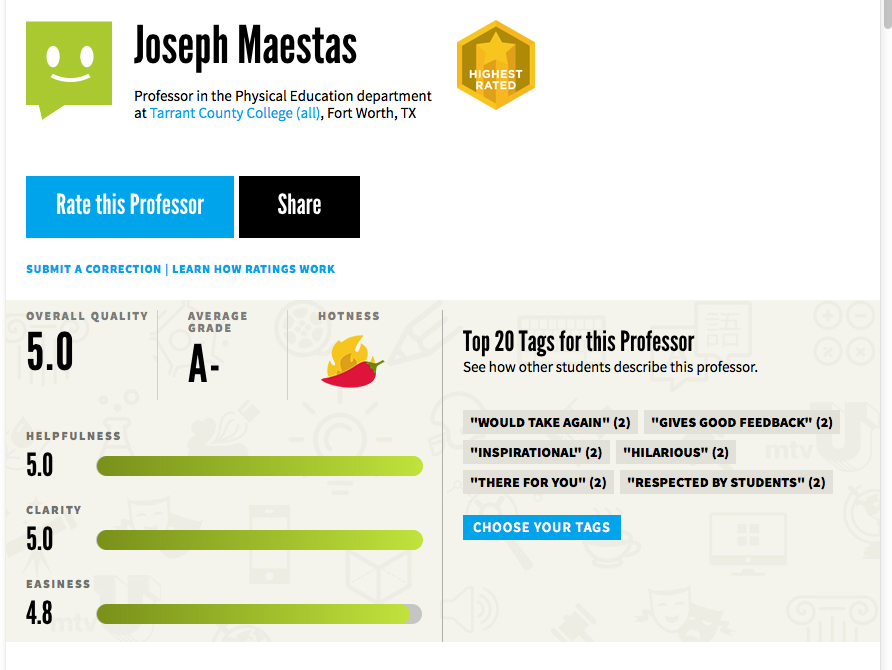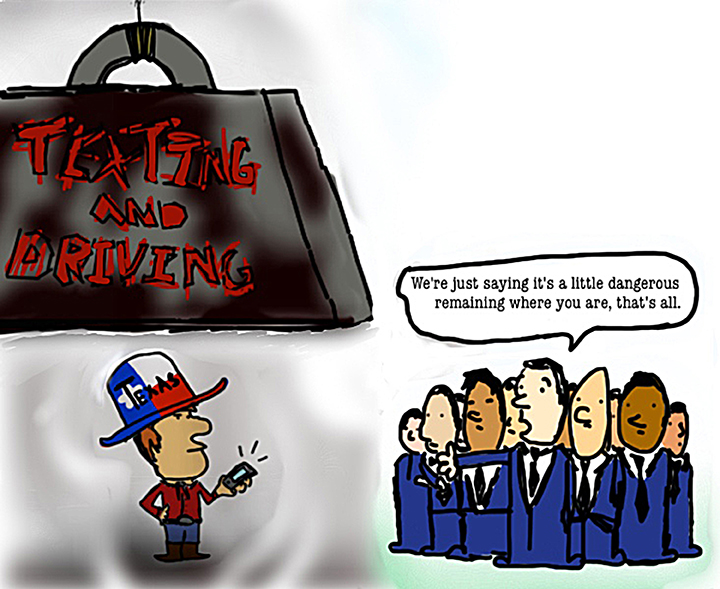By Emily Nhan/reporter
SE students and staff heard the benefits of living a healthier life and ways to get there during the Heart Health lunch-in Feb. 3.
“Get up off your chair. No, really,” kinesiology associate professor Melissa Evans told the group.
Evans presented advice to set one’s life on the right path.
“If your body is not taken care of, then it will slow you down,” she said.
Whether it be through direct or secondhand exposure, smoking is an issue, Evans said.
“Smoking is the largest preventable cause of death and illness,” she said.
Today, people have a great variety of ways to stop smoking, allowing themselves and those around them to live healthier, Evans said.
Furthermore, a moderate amount of exercise has been proved to lower the risk of possible health issues such as coronary heart disease, Evans said. Through a combination of cardio, aerobic and muscle strengthening, one can build up a strong and healthy heart.
Many people are stationary, sitting in one location for hours on end. Research has shown an hour of inactivity not related to sleep has the same health risk as smoking two cigarettes would.
Although the risks are not exactly the same, the chance is highly increased through sitting and not moving very often, Evans said.
Those heightened risks include a 21 percent greater chance of breast cancer, 25 percent greater risk of colon cancer, 27 percent greater risk of stroke, 30 percent greater risk of Type 2 diabetes and a 50 percent greater risk of hypertension all because of a lack of movement for extended periods of time, Evans pointed out.
By incorporating some movement in these long stretches of inactivity, whether it be through stretching or by getting up for a break, it is possible to lower the risk, Evans said. Some examples include getting up and doing laundry, stretching or even changing the way people are at their desks such as using a standing desk or having a stability ball for a chair.
Evans also encouraged a healthy diet to keep the heart healthy. Fruits, vegetables, whole grains and low-fat dairy products are some of the alternatives to a fast-food meal.
As far as cutting back on sugars and salts, it turns out that recent research has revealed that cutting back on sugar is more beneficial than cutting back on salts, Evans said.
Experts recommend six tablespoons of sugar for women and nine for men.
“Today’s average American consumes 24-27 tablespoons of added sugar,” she said.
Keeping fit and eating healthy are both important, but another thing to keep track of is the amount of stress that builds as the day progresses, Evans said.
Some ways to keep stress down are to find a relaxing activity, getting active or simply being around company one enjoys.





























